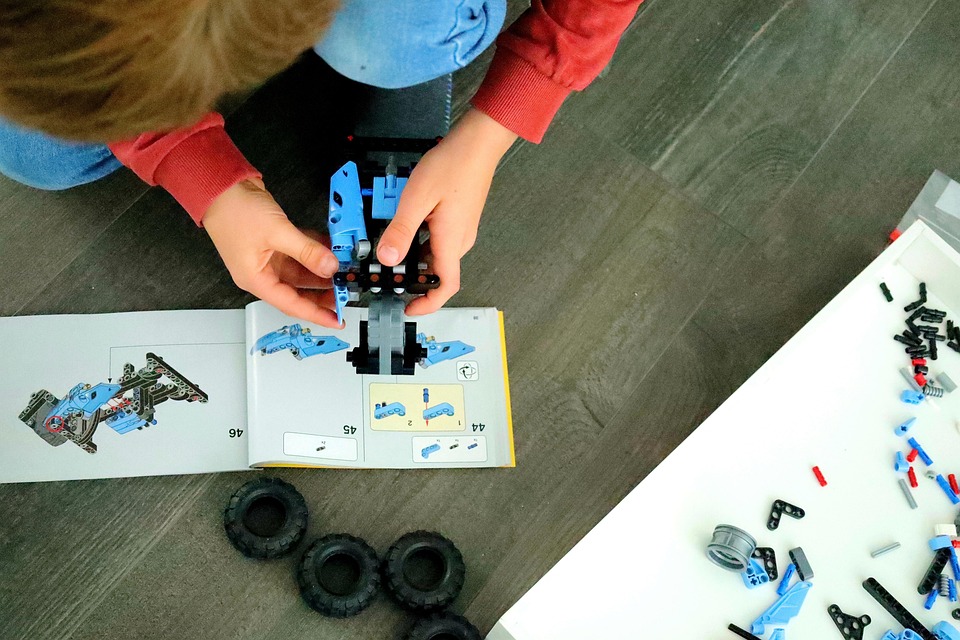In today’s fast-paced world, the importance of skill building cannot be overstated. Lifelong growth and personal development hinge upon our ability to acquire and refine new skills continuously. From professional skill enhancement to personal hobbies, the pursuit of knowledge and ability is a journey that can lead to profound transformations in our lives. This article explores effective strategies for skill building that can foster lifelong growth.
Understanding the Importance of Skill Building
Skill building is not just about improving job prospects; it is about cultivating a mindset focused on continual learning. When individuals embrace skill development, they open themselves to new opportunities, enhanced creativity, and increased self-confidence. In an age marked by rapid technological advancements and economic changes, adapting and evolving through skill acquisition ensures relevance and resilience. Here are some critical reasons why skill building is important:
- Career Advancement: Learning new skills can lead to promotions, new job opportunities, and even career changes.
- Personal Fulfillment: Engaging in new skills can be a source of joy and satisfaction, adding depth to personal life.
- Adaptability: A diverse skill set allows for better adaptability in the face of changes in the job market or personal circumstances.
- Problem-Solving: Building various skills enhances critical thinking and problem-solving capabilities.
Effective Strategies for Skill Building
1. Set Clear Goals
Establishing clear, achievable goals is essential for focused skill development. Whether you want to learn a new language, master a programming skill, or improve your public speaking, having distinct objectives helps you stay on track. Employ the SMART criteria—Specific, Measurable, Achievable, Relevant, and Time-bound—to define your goals effectively.
2. Embrace a Growth Mindset
A growth mindset, as coined by psychologist Carol Dweck, involves believing that your abilities and intelligence can be developed with effort and dedication. To cultivate this mindset, embrace challenges, learn from feedback, and celebrate effort over results. This philosophy encourages resilience and sustained effort in skill development.
3. Harness Online Learning Resources
The internet is a treasure trove of learning resources. Platforms like Coursera, Udemy, and LinkedIn Learning offer countless courses covering a wide array of skills. Whether you prefer self-paced learning or guided instruction, these resources make it easier than ever to acquire new competencies from the comfort of your own home.
4. Practice, Practice, Practice
The most effective way to solidify any skill is through regular practice. This could include dedicating time each day to coding, exercising communication skills through public speaking clubs like Toastmasters, or engaging in hands-on experiences related to your interest. Experiential learning reinforces knowledge and allows you to recognize areas that need improvement.
5. Seek Feedback and Mentorship
Feedback is a critical component of skill development. It provides insights into your strengths and areas for refinement. Seek constructive criticism from peers or mentors who can guide your learning process. Finding a mentor can also accelerate your growth by providing valuable perspectives and experiences to learn from.
6. Join Communities of Practice
Participating in communities focused on your area of interest fosters a sense of belonging and connection. These groups, whether online or offline, offer platforms for knowledge sharing, collaboration, and accountability. Engaging with like-minded individuals can inspire you and expose you to new techniques and ideas.
7. Reflect and Adjust
Reflection is a vital part of the learning process. Regularly evaluate your progress and the effectiveness of your strategies. Are you meeting your goals? What methods are working for you, and which are not? By adjusting your approach based on reflective insights, you can optimize your learning trajectory.
Conclusion
The journey of skill building is indeed an art form, requiring intention, practice, and dedication. By employing these strategies, individuals can cultivate a robust framework for lifelong growth. The importance of staying curious and open to new experiences cannot be understated in a world that is constantly evolving. As we embark on this journey, remember that the commitment to learning is a gift that continues to enrich our lives in countless ways.
FAQs
1. What skills should I focus on building?
Focus on skills that align with your personal interests, career aspirations, or industry trends. Assess your current skill set and identify areas for improvement or expansion.
2. How do I maintain motivation for skill building?
Set clear goals, celebrate small achievements, and connect with supportive communities. Establishing a routine can also help you stay accountable and engaged.
3. What resources are available for skill development?
There are various online platforms (e.g., Coursera, Udemy, Khan Academy), local workshops, reading material, and mentorship opportunities that can enhance your learning experience.
4. How can I measure my progress in skill building?
Regular self-assessments, seeking feedback from peers or mentors, and tracking your completion of courses or projects can help you gauge your progress effectively.
5. Is it ever too late to start building new skills?
Absolutely not! Skill building can occur at any age or stage in life. The key is to maintain a growth mindset and be open to new experiences.
